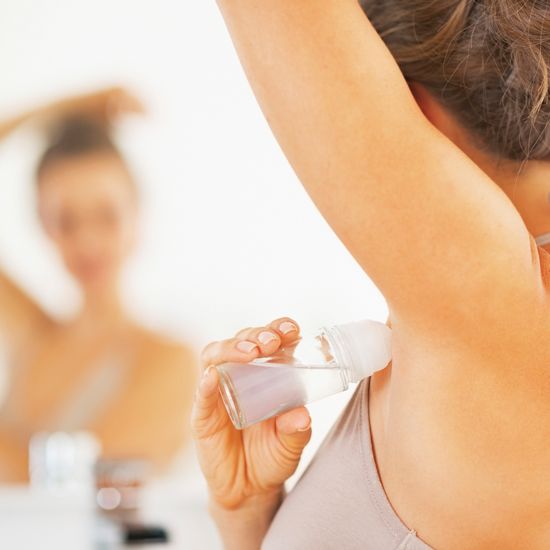
Many are concerned as stories fly from inbox to inbox a few years ago, giving many readers reason to pause when they read the message on the use of antiperspirant can cause cancer. Dr. Philippa Darbre, an oncologist at the University of Reading in the U.K., has published more than 30 research papers on those substances found in underarm antiperspirant products. Her research has detected parabens – a category of chemical that acts as a preservative in some underarms and personal care products. Dr. Philippa’s experiments suggest that combining parabens with human cells create activity that may contribute to the development of cancer. However, her attempts to find these links in human have produced inconsistent results. Current evidence from reputable organisations like the American National Cancer Institute and Cancer Research U.K. suggest the link between deodorant and breast cancer is unconfirmed. But it seems despite the absence of evidence to support the correlation, their search to prove the theory persists. So why take the risk? Well, regardless, don’t sweat it! Keep calm and read on – we have a solution for you!
Read More: 5 French Beauty Secrets That Will Change Your Looks
Botox Hyperhidrosis

Most people use deodorant or antiperspirant to prevent body odour caused by perspiration in the armpits and other area of the body. Hyperhidrosis is a common condition where a person sweats excessively and much more than the body needs to regulate temperature. This can cause unpleasant body odour that can affect a person’s confidence and self-esteem. Underarm odour mainly develops when bacteria feed off the sweat produced by your apocrine sweat glands. Hence, keeping your underarms dry and limiting bacterial growth are the primary treatment goals. Men are more likely to have body odour because they tend to sweat more. Other factors that contributes to body odour are being overweight, consuming certain food or drink, certain types of medication such as antidepressants, or certain medical conditions.

Most body odour problem can usually be managed by getting rid of excessive sweating and skin bacteria which are responsible for the unpleasant smell. Besides maintaining good personal hygiene, Botox Hyperhidrosis is an effective treatment for people suffering from excessive underarm sweating. Botulinum Toxin, often known as Botox can be administered safely in minute doses in the affected area. This FDA approved treatment works by blocking signals from the brain to the sweat glands, reducing the amount of sweat produced significantly. The procedure takes about 30 minutes and the effects of Botox usually last between six to nine months.
Although Botox for sweaty underarms is most commonly done, Botox for hyperhidrosis can also be performed for other relatively small areas such under the breasts, and sweaty palms (palmar hyperhidrosis) and feet. In fact, Botox has been found to be 80-90% effective for palmar hyperhidrosis.
Speak to your physician today to know more about Botox Hyperhidrosis.
Read More: Will This Be The End of Dry Skin?
Read More: Are We Becoming Beauty Clones?
